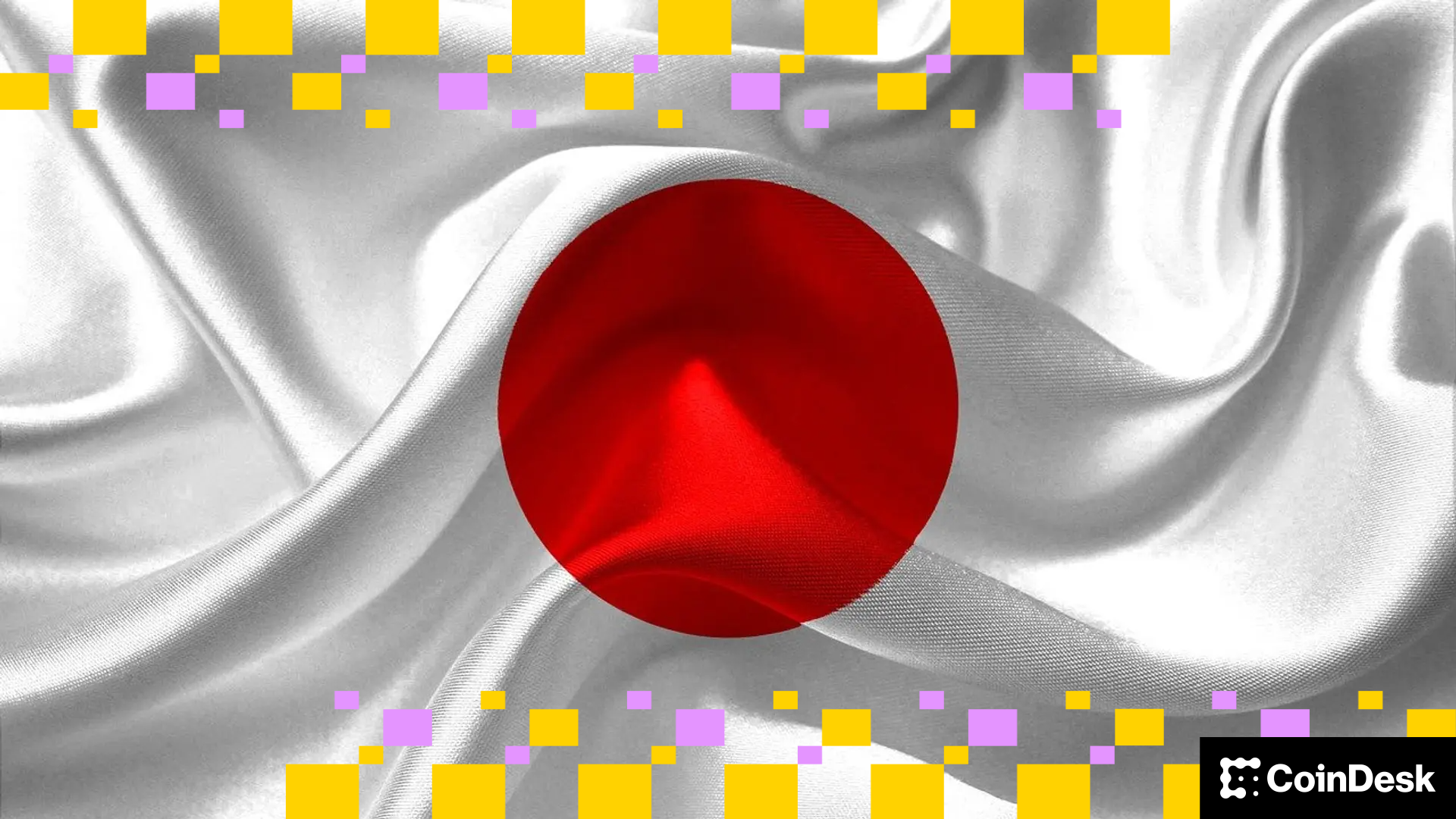Bitcoin Traders: Japan’s Debt Implosion Warning from Top Economist Demands Immediate Attention

Japan's financial time bomb just got a countdown clock—and Bitcoin stands ready to capitalize.
Economic Avalanche Ahead
When a nation's leading economist sounds the alarm on sovereign debt collapse, crypto markets listen. Japan's unsustainable fiscal trajectory isn't just local news—it's a global liquidity signal that could send digital assets soaring as traditional systems wobble.
Safe-Haven Flocks to Digital Gold
As yield-starved investors face negative real returns on government bonds, Bitcoin's fixed supply looks increasingly like rational portfolio insurance rather than speculative gambling. The math simply doesn't lie—unlike central bank balance sheets.
Regulatory Whiplash Coming
Watch for knee-jerk capital controls and desperate monetary experiments as debt dynamics worsen. Smart money already positions ahead of the herd—because nothing makes bureaucrats move faster than empty coffers and angry voters.
Japan's coming financial reckoning might finally prove that Satoshi understood sound money better than any economics PhD holding a government paycheck.
Japan's debt-to-GDP is a problem
For years, Japan has held the highest public debt-to-GDP ratio among advanced economies, consistently hovering above 200%. However, in the post-COVID era marked by massive fiscal spending, investors' tolerance for such high debt levels has waned.
To complicate matters, Japan's inflation, as measured by the consumer price index (CPI), has surged since mid-2022, bringing inflation rates up to levels not seen since the 1980s. The trend is consistent with the sticky price pressures worldwide.
The elevated inflation has pushed government bond yields higher and increased the cost of additional fiscal borrowing. These combined pressures have thrust Japan’s staggering debt-to-GDP ratio of around 240% into the spotlight, effectively boxing the government into a difficult position.
Brooks put it best in his latest Substack post: "The bottom line is that exceptionally high government debt is putting Japan in a terrible bind. If Japan sticks with low interest rates, it risks further Yen depreciation, which could cause inflation to run out of control. If it anchors the Yen by allowing yields to rise further, this could put Japan’s debt sustainability at risk."
"This catch-22 means a debt crisis is much closer than people think," he added.
Growing debt concerns could drive investors to alternative financial escape valves such as cryptocurrencies, mainly stablecoins. Japanese startup JPYC is planning to issue the first stablecoin pegged to the yen later this year.
The yen has appreciated by nearly 7% to 146.50 per U.S. dollar this year as expectations for Fed rate cuts have led to a broad-based dollar sell-off.
However, zooming out tells an entirely different story. Since 2021, the yen has depreciated by a solid 41%, adding to domestic inflation.
Meanwhile, the 10-year Japanese bond yield surged to 1.60% from nearly zero in 2020, reaching its highest level since 2008. The 30-year yield has also hit multi-decade highs. In other words, investors are demanding a higher premium to lend money to the government to compensate for the growing fiscal risks.
U.S. recession may offer temporary relief
Japan may find some relief in a potential U.S. recession, marked by consecutive quarterly contractions in the GDP. Such a situation WOULD see investors worldwide park money in government bonds, driving yields lower. (Bond yields and prices move in opposite directions).
The resulting drop in Japanese yields could then buy time for Japan, according to Brooks.
"It’s possible that the U.S. goes into recession, which will cause U.S. and global yields to fall. That will buy Japan time. But - in the end - the only sustainable way out of this catch-22 is for Japan to cut spending and/or raise taxes," Brooks noted.
Still, the big question remains: will Japanese citizens accept higher taxes and spending cuts? Only time will tell.

